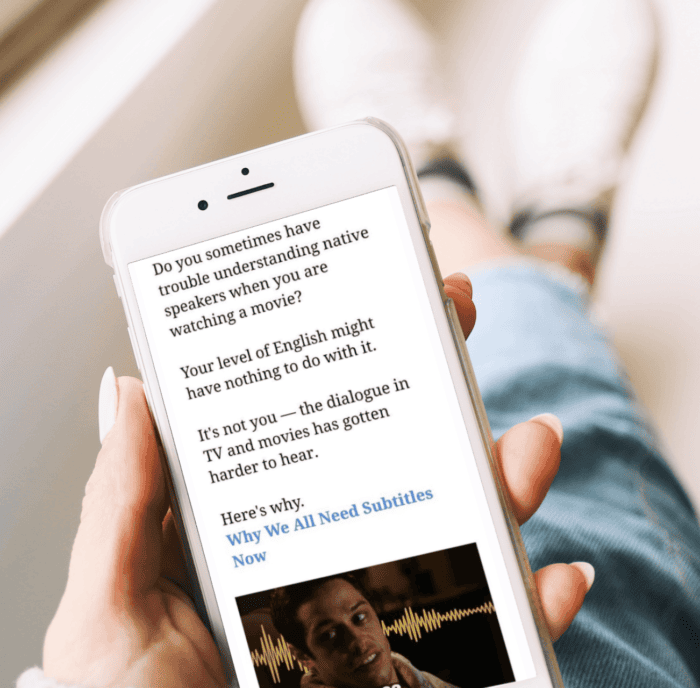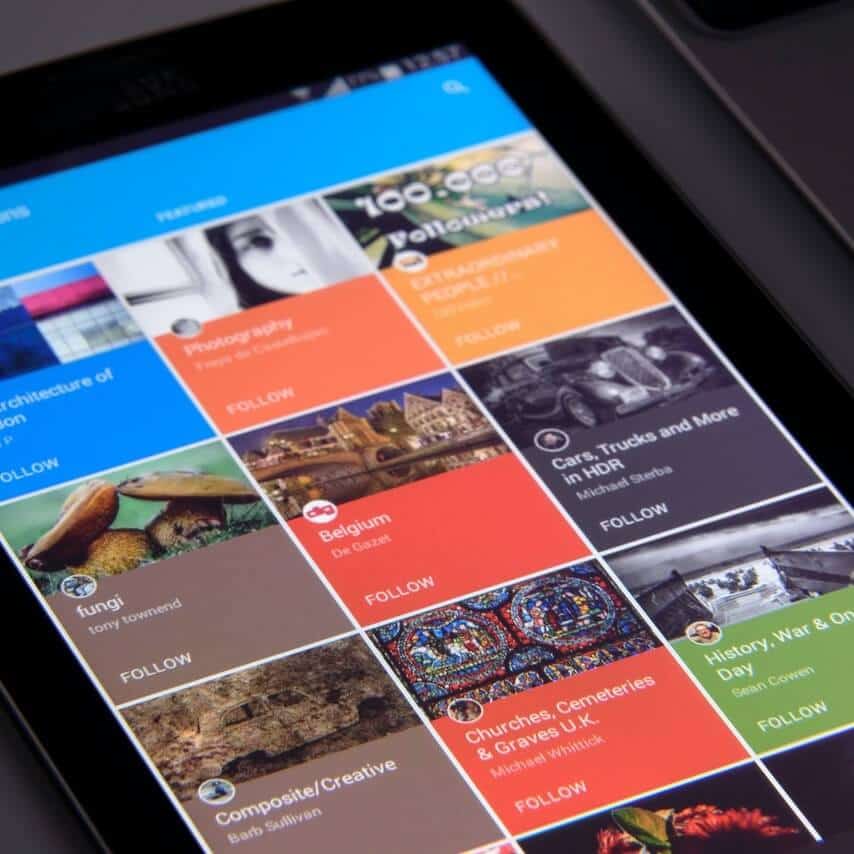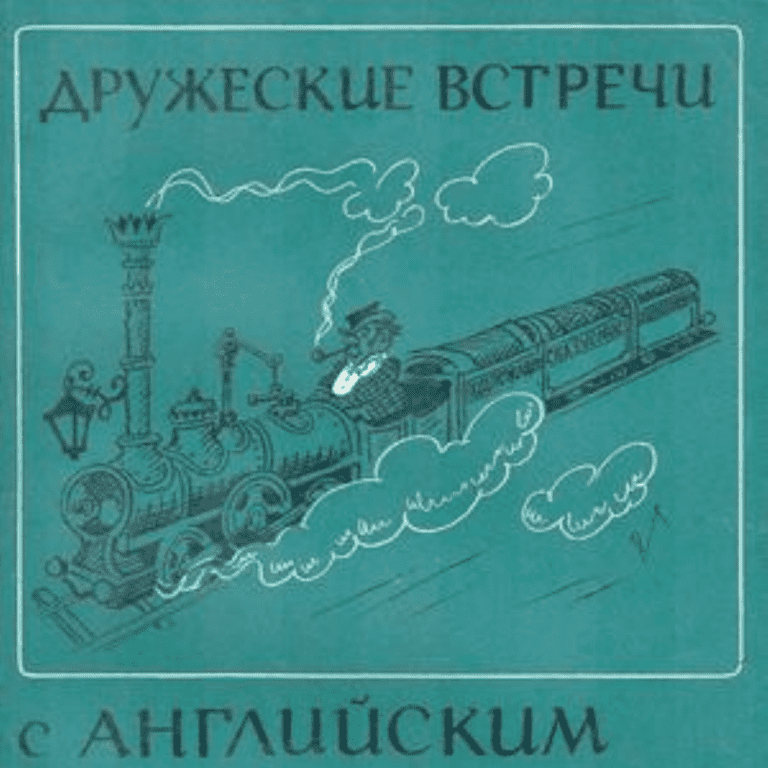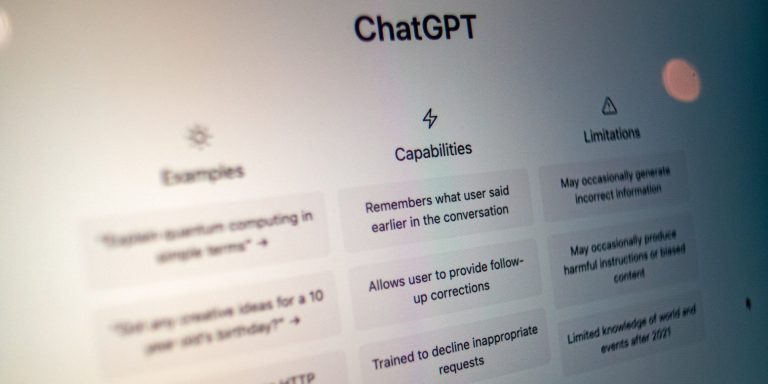When it comes to improving your English language skills through reading, the challenge is finding the right materials that are both engaging and suitable for your level.
In this guide, we will discuss effective strategies for selecting English reading materials that will help you enhance your language proficiency without feeling overwhelmed. By following these tips, you can make your reading experience more enjoyable and productive.
If you speak English – or can read in it – you’ll have more options. In 2022, less than 6% of online content was in Russian, less than 1% was in Ukrainian, and about 62% was in English. This data is from W3Techs for 2022.
But the quality of the content is even more important. English-language articles and posts are usually better because many Russian and Ukrainian articles are copied from English sources.
They’re not as fresh as the original. At worst, the translation is poor and done by Google without proofreading.
If you work with information, it makes sense to use English-language sources.
However, reading and understanding English articles can be hard if you’re not ready.
I suggest you learn to understand texts written by native speakers gradually. Think of this as learning a language through reading.
If you choose the wrong text, you might lose the desire to read in English.
The opposite is also true. When you finish a text, you’ll want to read more.
What’s the best way to choose English reading material for language improvement?
Fiction or non-fiction
Maryna tried the Harry Potter series, which she heard is good for English learners. She tried to read the novel even though she doesn’t like novels. It didn’t work. She couldn’t get through 10 pages and gave up reading.
A novel can be overwhelming because it’s long and the language is difficult.
If you don’t like fiction and don’t read much, don’t worry about reading novels in English.
What language do you use when you search for something online?
If you speak English, you’ll have more options. In 2022, less than 6% of online content was in Russian, less than 1% was in Ukrainian, and about 62% was in English. This data is from W3Techs for 2022.
But the quality of the content is even more important. English-language articles and posts are usually better because many Russian and Ukrainian articles are copied from English sources.
They’re not as fresh as the original. At worst, the translation is poor and done by Google without proofreading.
If you work with information, it makes sense to use English-language sources.
However, reading and understanding English articles can be hard if you’re not ready.
I suggest you learn to understand texts written by native speakers gradually. Think of this as learning a language through reading.
If you choose the wrong text, you might lose the desire to read in English.
The opposite is also true. When you finish a text, you’ll want to read more.
What’s the best way to choose English reading material for language improvement?
Fiction or non-fiction
Maryna tried the Harry Potter series, which she heard is good for English learners.
She tried to read the novel even though she doesn’t like novels. It didn’t work. She couldn’t get through 10 pages and gave up reading.
A novel can be overwhelming because it’s long and the language is difficult.
If you like fiction, start with short stories.
The New Yorker publishes short stories. You can read three a month for free.
This isn’t from the magazine, but it’s one of my favorite short stories in English. It’s mostly dialogue and short.
What if you don’t like fiction? If you like useful, practical, and applicable materials? Online articles and blog posts are probably what you’ll like.
If you want to improve your English and expand your vocabulary, pay attention to a few details when choosing them.
Register and tone
The style of a text is how formal or informal the language is. There are many different styles, like colloquial, scientific, formal business, journalistic, artistic, and descriptive.
If you want to speak English well, work with posts written in a conversational style. They often contain phrasal verbs, questions, and everyday phrases.
To learn how to write news in English for English-language publications, study articles of the same type.
At the current stage of your language learning, decide what style is relevant to you now and focus on that first.
If you read about economics, you might learn about finance and some relevant phrases. You can’t use them when talking informally.
To communicate in a lively, human-like way, read articles in informal language.
If you’re preparing for a business presentation or speech at an international conference, reading formal articles is a good idea.
The length
A long article that you can’t get through will hang on your to-do list for weeks. Your enthusiasm for reading it will evaporate with each passing day.
So what can you do?
Reading option 1
If you want to read an article, break it into 3-4 sections and work on one per week.
Do not think that this is too little.
If your goal is not just to read the article, but to learn English, you need time to work on vocabulary, grammar, and pronunciation.
(If you just need to read and understand the article right now, that’s another matter. In this case, Readlang or even Google Translate will help you.)
Reading option 2
Choose a short article and analyze it in detail.
Try to find something that fits on a computer screen without scrolling. Studying such an article in detail will be more effective than skimming through a long one.
Your goal might be to understand the meaning and subtext or even to imitate the text.
How to choose an article to read in English?
There is no shortage of posts (blog articles) on the Internet written in general English rather than highly specialized English.
Most of them can be divided into 2 main categories:
- how-to articles
- articles in the format of personal stories.
How-to posts
Here are a few titles of how-to type of posts:
- How To Figure Out What Makes You Happy
- Be Lucky – It’s An Easy Skill To Learn
- How To Build Skills That Are Valuable
- Why Most People Will Never Be Successful
- 3 Effortless ways to travel around Central Europe
- If Nothing Changes, Nothing Is Going To Change
These articles have useful, practical ideas. We often look online for articles to help us.
If we start implementing the information in the article, we can improve certain aspects of our lives.
Such articles are 1200-1800 words or 3-4 pages.
This article you’re reading now is 1,433 words long.
This length of English text can be problematic, especially for those who are trying to learn to read authentic articles.
While reading such articles is interesting and useful for general development, they are often written in dry language.
Words, phrases, and sentences from the text will help you pass exams, enter a foreign university, or speak at a conference, but less so for informal, casual communication.
Personal stories
Personal stories are like a miniature version of a memoir or diary. They resemble a scene from an interesting movie about a character we care about.
It’s a delicious, juicy, colorful sketch of the ordinary life of normal people, but with a subtext or an important lesson learned by the author. I love this genre myself, and occasionally share such stories in my newsletter or this blog.
Story posts sometimes have titles that don’t immediately tell you what the topic is. Here are some stories posted on Alexandra Franzen’s blog:
- It’s worth the risk
- Figure it out
- Not in my presence
By the way, if you are curious, try to Google these titles like this: (“It’s Worth the Risk” Franzen) and check out the texts – you might like them.
But there are also more “transparent” headlines:
- You Need to Practice Being Your Future Self
- If You Want to Get Better at Something, Ask Yourself These Two Questions
- These Are The Five Lessons That Changed My Life This Year
- Focus On Your Strengths
Reading such articles is like listening to someone share something personal on a long bus or train ride. Such articles are based on life experience, so readers and authors share feelings and experiences.
The main advantage of these stories is their lively language. They are sprinkled with phrasal verbs and sentences are usually shorter than in type 1 articles. They often contain direct speech or dialogues.
What could be better reading material than these, where you can pick up all the catchphrases?
This balance of information and emotions helps you remember both the main idea and the context of certain linguistic phenomena.
The ideal article for learning English combines the usefulness and practicality of the first type with the interest and “conversational style” of the second type.
And finally:
Where can I find the articles and posts that interest me?
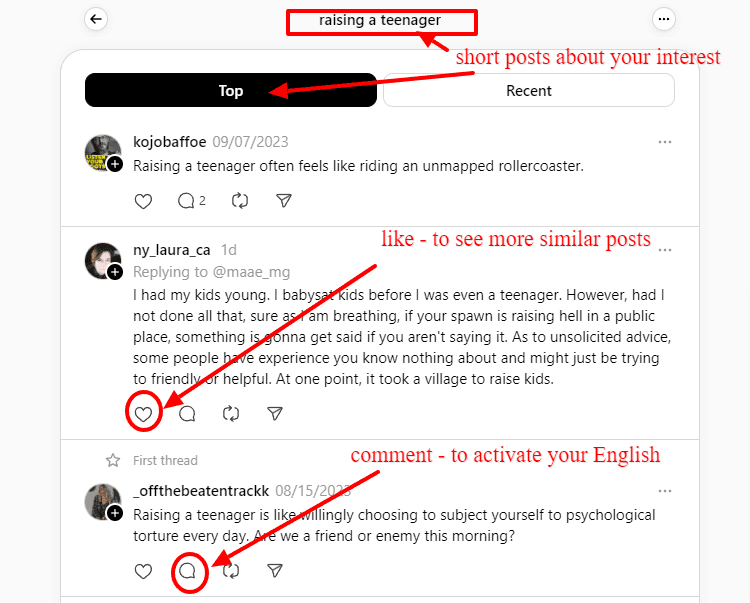
Flipboard – subscribe to your favorite topics and create your own magazines-collections of thematic articles and posts.
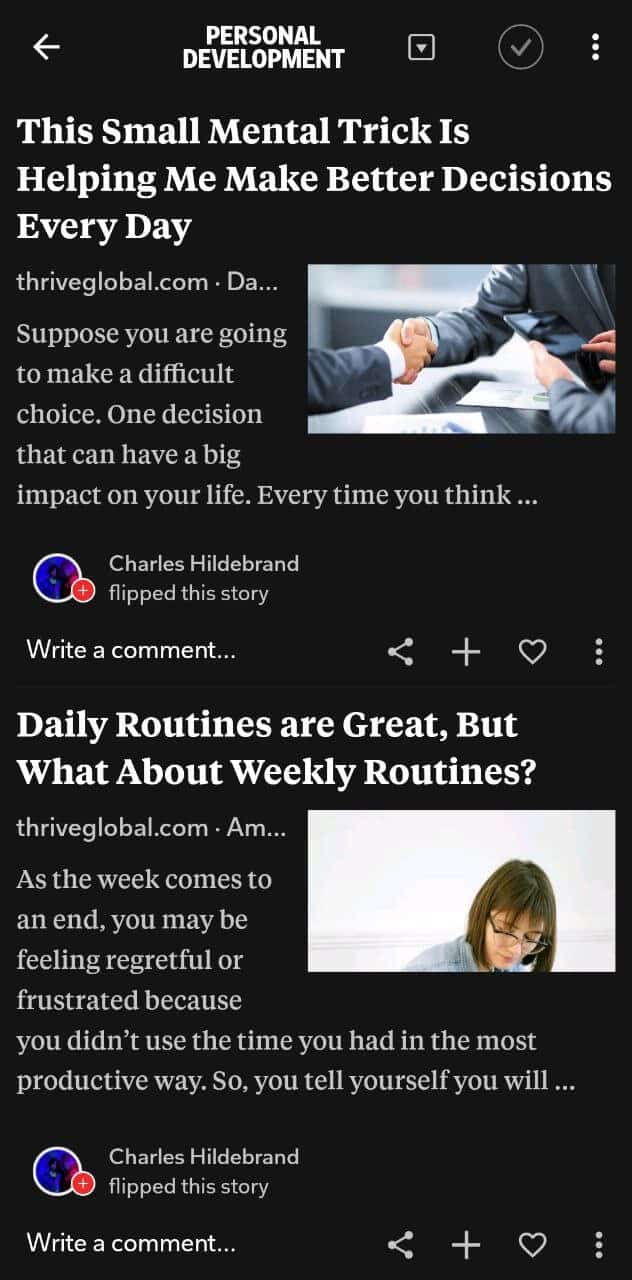
Threads and Twitter – search for topics of interest using keywords and follow people who write about them.
Спростіть вивчення англійської
